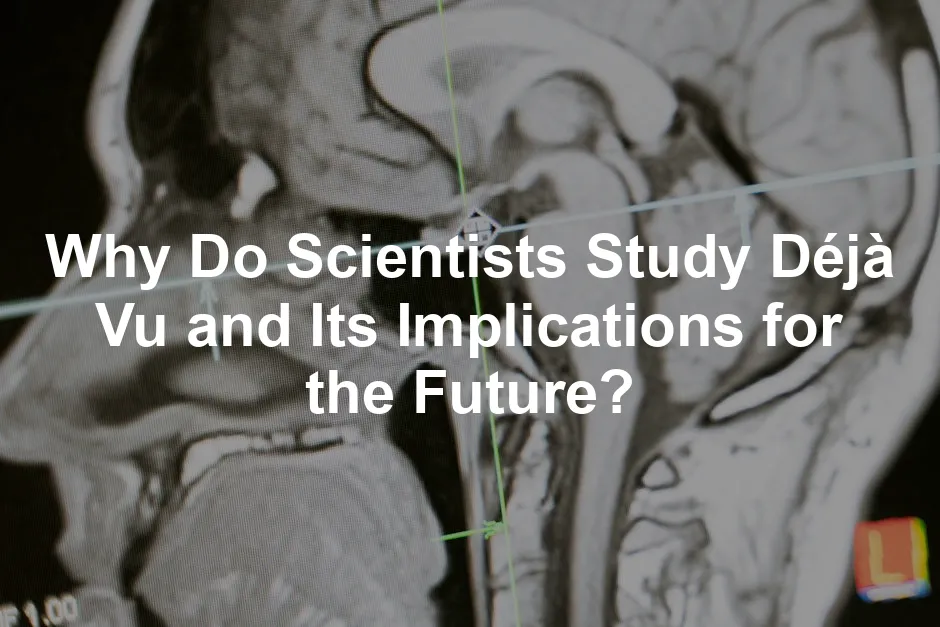
Why Do Scientists Study Déjà Vu and Its Implications for the Future?
Introduction
In a world where every corner seems to hold a unique experience, why do we sometimes feel as if we’ve walked down that road before? Déjà vu, a term that literally translates to “already seen,” has captivated our imaginations with its tantalizing mix of familiarity and mystery. This sensation, often dismissed as mere coincidence or a glitch in our memory, is now a subject of serious scientific inquiry.
Picture this: you’re walking into a café that’s brand new to you. Suddenly, a tingling sensation washes over you like a warm blanket. “I’ve been here before!” you think, even though logic tells you otherwise. This captivating experience has scientists scratching their heads and diving into research. What makes déjà vu so intriguing? It’s not just the eerie feeling; it’s what it reveals about how our brains function.
Researchers are exploring the depths of this phenomenon, aiming to unlock its secrets. Some theories suggest that déjà vu arises from memory errors, while others link it to how our brains process sensory information. Understanding déjà vu could alter our grasp of memory and consciousness. This knowledge might even lead to breakthroughs in treating memory-related disorders.
Imagine a future where mental health treatments are enhanced by our understanding of déjà vu. Scientists aim to study this phenomenon not only to satisfy curiosity but also to glean insights into how our brains work. By investigating déjà vu, they hope to unravel complex relationships between memory, cognition, and emotional well-being.
As we peel back the layers of this fascinating phenomenon, we uncover the implications of this research. What could the findings on déjà vu mean for our understanding of human cognition? Could they help us improve therapies for memory disorders? Join us as we embark on a journey through the science behind déjà vu, exploring its intriguing implications for the future of cognitive research. The quest for understanding déjà vu is not just about the past; it’s about paving the way for advancements in how we comprehend the human mind.

Understanding déjà vu could lead to insights about why we get déjà vu and what causes this feeling.
What is Déjà Vu?
Definition and Historical Context
Déjà vu, pronounced day-zhaa voo, is a fascinating sensation. It’s that peculiar feeling when you think you’ve experienced something before, even if you’re sure it’s your first time. The term “déjà vu” literally translates to “already seen” in French and was coined by the philosopher Émile Boirac in 1876. He first used it in a letter to his editor and later in his book The Psychology of the Future. If you’re curious about the insights from this book, check out The Psychology of the Future by Émile Boirac.
Historically, thinkers like Plato and Freud have speculated about déjà vu. Plato suggested it was evidence of past lives, while Freud viewed it as a memory of unconscious fantasies. Today, scientists approach déjà vu through a more empirical lens, focusing on its neurological and psychological underpinnings.
Prevalence and Demographics
So how common is this strange experience? Studies suggest about two-thirds of people report having experienced déjà vu at least once. It’s especially prevalent among younger individuals. You might be surprised to learn that most people first encounter déjà vu between the ages of six and ten. By the time folks reach their mid-20s, occurrences peak, but they tend to decline with age.
Research indicates that as we age, the frequency of déjà vu diminishes. This decline might suggest that it’s a sign of a well-functioning memory system. Young brains are typically more adept at recognizing patterns and similarities, possibly leading to that uncanny feeling of familiarity.
In essence, déjà vu isn’t just an odd experience; it’s a window into our memory processes and how we perceive reality. While the phenomenon remains largely mysterious, understanding its prevalence can shed light on the complexities of human cognition. If you’re looking to improve your memory skills, consider picking up The Memory Book: The Classic Guide to Improving Your Memory at Work, at School, and at Home by Harry Lorayne.

The Science Behind Déjà Vu
Neurological Theories
Memory Processing Errors
Déjà vu is more than just a puzzling sensation. It connects deeply with how our brains store and retrieve memories. The medial temporal lobe plays a starring role here. This area houses the hippocampus, crucial for forming new memories. When there’s a hiccup in this process, we might mistakenly feel that a current experience has happened before.
Imagine walking into a café for the first time. Suddenly, you feel an overwhelming sense of familiarity. This could stem from a glitch in memory processing. Your brain might misinterpret a new experience as a memory, triggering that eerie déjà vu feeling. It’s like your brain is trying to file away memories but accidentally misplaces a few. The result? A confusing cocktail of familiarity and confusion.
Split Perception
Another captivating theory is the split perception hypothesis. This idea suggests that our brain may process sensory information in two stages. First, we encounter a moment that goes unnoticed. Moments later, the brain registers the same experience again. This second processing leads to the sensation of déjà vu.
For example, consider this scenario: you walk through a room, but your attention is drawn away by a loud noise. You might not consciously notice your surroundings. Later, as you enter the room again, the familiarity hits you. Studies support this theory, showing that when participants experience similar environments sequentially, they report feelings of déjà vu. It’s as if their brain is saying, “Wait, didn’t we just do this?”
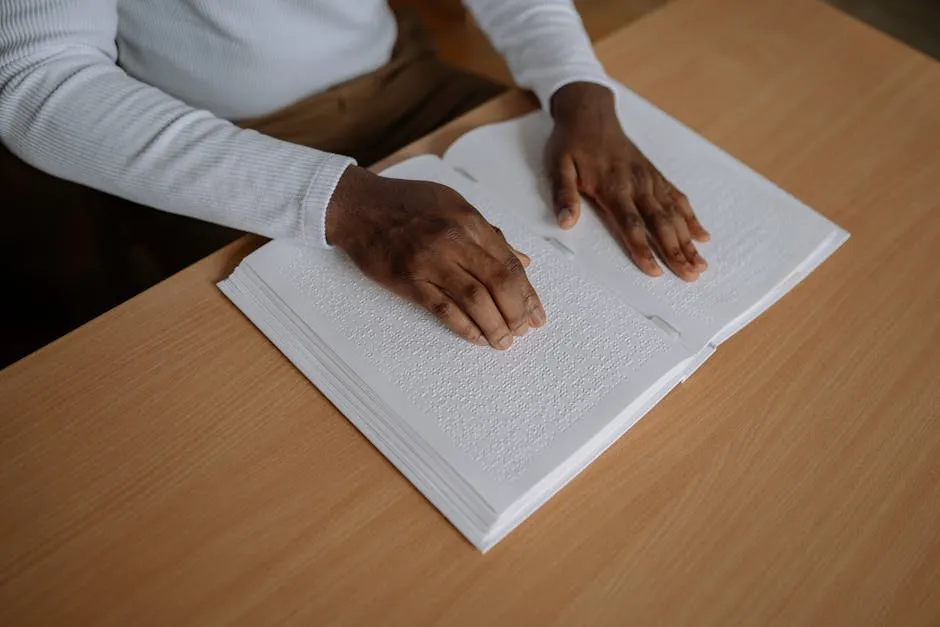
Experimental Studies
Laboratory Induction
Researches have gotten creative in studying déjà vu. Scientists use techniques like virtual reality and hypnosis to recreate this sensation in controlled settings. For instance, in a study led by Anne Cleary from Colorado State University, participants navigated through virtual environments. Some scenes shared layouts with previously viewed scenes, stirring feelings of déjà vu.
Participants reported that they felt a sense of familiarity with these virtual locations, even if they couldn’t pinpoint why. This experiment underlines the idea that déjà vu might arise when new situations bear similarities to past ones, even if those past experiences remain in the shadows of memory. If you want to delve deeper into the workings of the brain, consider reading The Brain That Changes Itself: Stories of Personal Triumph from the Frontiers of Brain Science by Norman Doidge.
Brain Imaging Research
Brain imaging studies have added another layer to our understanding. Techniques like fMRI allow scientists to observe brain activity during déjà vu experiences. Surprisingly, the hippocampus, often linked to memory retrieval, isn’t as active as one might expect. Instead, the medial prefrontal cortex lights up. This area is involved in resolving conflicts between our memories and current experiences.
Dr. Akira O’Connor, a leading researcher in this field, suggests that this brain region acts like a conflict resolution center. When it detects discrepancies between what we think we’ve experienced and what’s actually happening, it triggers that déjà vu sensation. This activity might explain why younger individuals experience déjà vu more frequently. As we age, our brain’s ability to resolve these conflicts may diminish, leading to fewer déjà vu episodes.
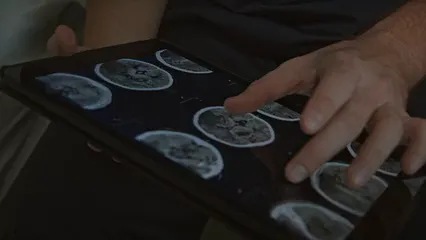
Déjà vu is a captivating intersection of memory, perception, and brain function. Understanding its underlying mechanisms could offer insights into memory disorders and cognition itself. As research progresses, we may uncover even more about this fascinating phenomenon, revealing the intricate workings of our minds. If you’re interested in the emotional aspects of memory, consider The Emotional Brain: The Mysterious Underpinnings of Emotional Life by Joseph LeDoux.
Implications for the Future
Mental Health and Memory Disorders
Déjà vu research opens intriguing avenues for understanding mental health, particularly in conditions like epilepsy and memory disorders. This phenomenon is often tied to temporal lobe epilepsy, where individuals report frequent déjà vu experiences prior to seizures. Scientists suggest that these sensations may arise from abnormal activity in the brain’s temporal lobe, where memory formation and retrieval occur.
Imagine a diagnostic tool that could predict seizures by monitoring déjà vu occurrences. If researchers could identify specific patterns in déjà vu experiences, they might develop better therapies for epilepsy patients. More importantly, this could lead to enhanced treatment plans for other memory-related disorders, such as Alzheimer’s disease. If déjà vu can be understood as a peculiar glitch in memory processing, it could help clinicians differentiate between healthy memory function and pathological memory errors.
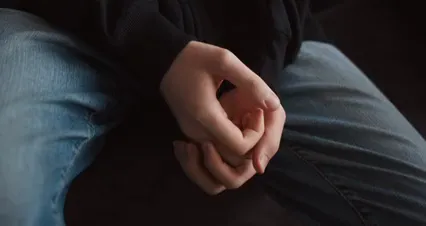
Moreover, understanding déjà vu could lead to innovative therapies. For example, cognitive behavioral therapy could be adapted to help patients manage anxiety or distress related to their déjà vu experiences. By addressing the underlying memory processing issues, practitioners could potentially improve patient outcomes. As researchers continue to unravel the mysteries of déjà vu, the implications for mental health care could be substantial. Consider exploring The Mindful Way Through Depression: Freeing Yourself from Chronic Unhappiness by Jon Kabat-Zinn for more insights on mental health.
Understanding Consciousness and Reality
Déjà vu doesn’t just pique scientific curiosity; it also raises profound philosophical questions about consciousness and our perception of reality. When we experience déjà vu, we’re not merely remembering; we’re grappling with the very nature of our experiences. This sensation challenges our understanding of how we perceive time, memory, and self-awareness.
Philosophers have long debated the relationship between reality and perception. Déjà vu adds another layer to this discussion. If we perceive something as familiar, but it’s actually new, what does that say about our consciousness? Could it be that our brains construct a narrative of past experiences based on fragments of memory, leading us to mistakenly believe we’ve encountered the moment before? This could redefine our understanding of human cognition.
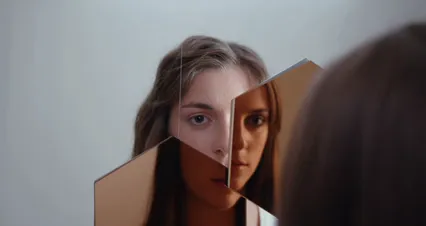
By studying déjà vu, scientists may uncover insights about the brain’s mechanisms for processing reality. If déjà vu stems from a conflict between memory and perception, it might help explain how our brains interpret and navigate the world. This could lead to a deeper understanding of cognitive biases and how we construct our realities. For a deeper dive into consciousness, check out Consciousness Explained by Daniel C. Dennett.
Furthermore, the exploration of déjà vu might bridge the gap between neuroscience and philosophy. By collaborating across disciplines, researchers can investigate not only the mechanics of déjà vu but also its implications on the human experience. As we seek to understand the interplay between consciousness and memory, déjà vu could serve as a critical puzzle piece in deciphering the mysteries of the mind.
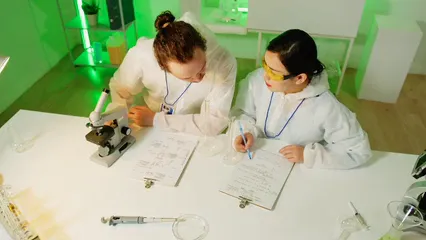
Future Research Directions
The field of déjà vu research is ripe with potential for future studies. Scientists can further investigate the neurological mechanisms behind this phenomenon. One promising avenue is the exploration of how environmental factors trigger déjà vu. Are there specific stimuli or settings that increase its likelihood? Understanding environmental factors could provide valuable insights.
Additionally, researchers might look into the interplay between individual differences and déjà vu experiences. Factors such as age, cognitive abilities, and even mental health can play significant roles. By focusing on these dimensions, scientists could provide deeper insights into why some people experience déjà vu more frequently than others.

Collaboration among neuroscientists, psychologists, and philosophers could yield groundbreaking results. Neuroscientists can provide data on brain activity during déjà vu episodes, while psychologists can help to interpret these findings through the lens of human behavior. Philosophers can contribute to discussions about the implications of déjà vu on our understanding of consciousness and reality. Together, these disciplines can create a more holistic approach to studying déjà vu.
Such interdisciplinary efforts may not only enhance our understanding of déjà vu but also lead to broader implications for mental health. For example, understanding how memory lapses contribute to feelings of familiarity could inform therapeutic strategies for memory-related disorders. By continuing to bridge these fields, researchers can illuminate the complex relationship between memory, perception, and our sense of self.
Conclusion
Déjà vu remains one of the brain’s most captivating quirks, blending mystery with scientific inquiry. As researchers continue to unravel its complexities, we stand on the brink of significant advancements in our understanding of memory, cognition, and the nature of human experience.
The implications of this research could pave the way for breakthroughs in mental health, enhance our grasp of consciousness, and even reshape our perceptions of reality itself. For instance, if future studies reveal that déjà vu is a marker of healthy memory function, this could lead to new ways of diagnosing and treating cognitive disorders. And while we’re on the subject of cognitive health, don’t forget to check out The Happiness Hypothesis: Finding Modern Truth in Ancient Wisdom by Jonathan Haidt for a thoughtful exploration of happiness and well-being.
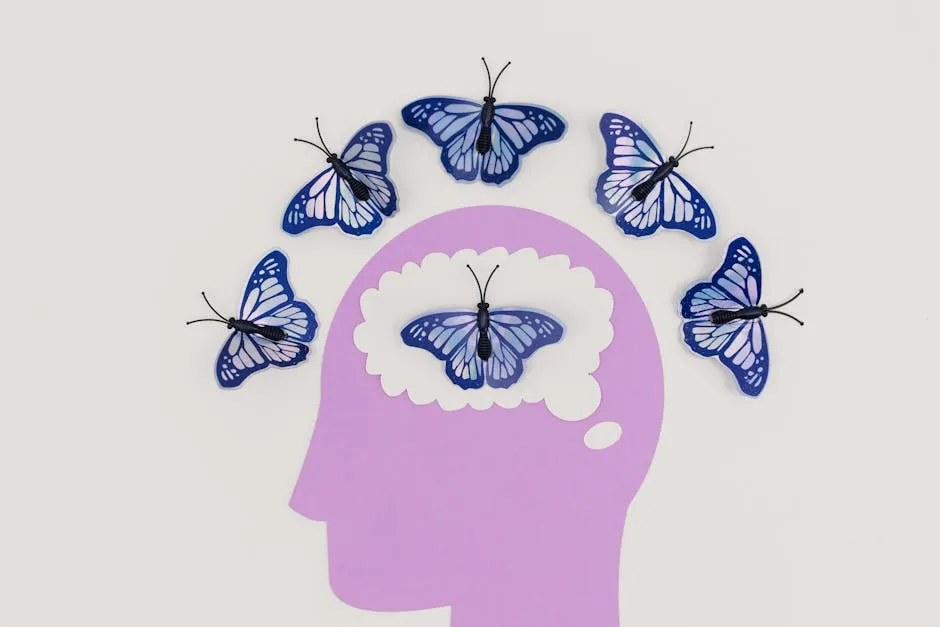
Moreover, the exploration of déjà vu could influence how we perceive our memories. Our understanding of the relationship between memory and reality may shift, inviting us to reconsider how we interpret our experiences. Are we merely recalling fragments of our past, or is there something deeper at play?
The future of déjà vu research is bright, and its findings may very well lead us into uncharted territories of the mind. By unraveling this enigma, we might gain insights not only into our memory systems but also into the essence of human consciousness itself. This journey into the unknown is crucial, as it holds the potential to enhance therapeutic techniques for those grappling with memory-related issues, and it may even influence philosophical discussions on the nature of reality and existence.
Please let us know what you think about our content by leaving a comment down below!
Thank you for reading till here 🙂
All images from Pexels




